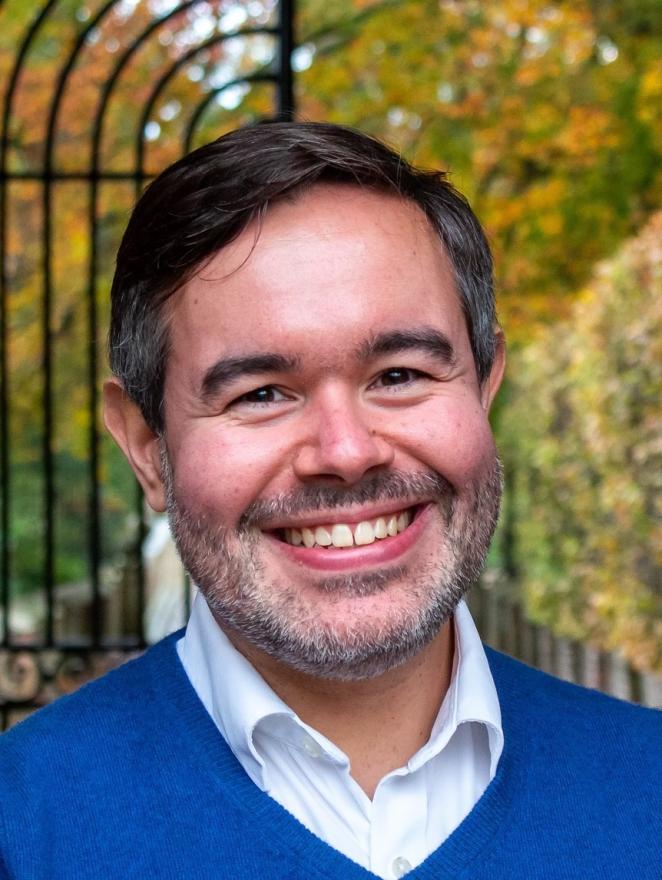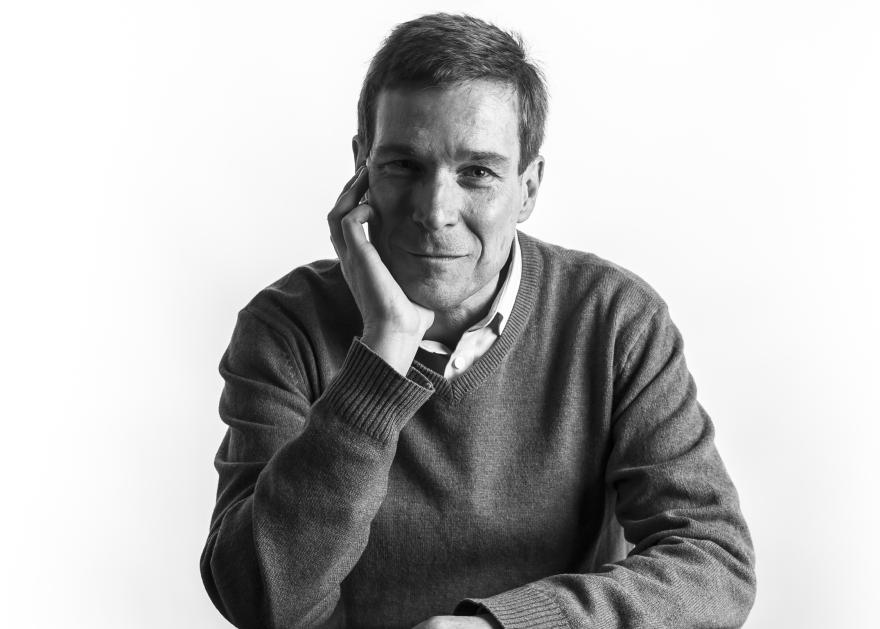Compared to Engineering at other Universities, the Cambridge course is a fairly theoretical one, and is highly regarded among both industry and other academic institutions worldwide. The department also provides support to students to find work placements during the summer vacations.
Overview
The minimum offer is A*A*A from Mathematics, Further Mathematics, and Physics at A-level, or 7 7 6 (42+ overall) from Higher Level subjects in the IB. For other qualifications, please see the University entrance requirements page.
A-level/IB Higher Level or equivalent in Mathematics, Further Mathematics, and Physics.
Those taking A levels should take Further Mathematics if it is available to them. If your school does not offer Further Mathematics your UCAS referee will need to confirm this in your application. You will also need to demonstrate equivalent knowledge and ability through independent study of the subject matter. This will be assessed through your UCAS application and your performance in the Engineering and Science Admissions Test (ESAT).
IB applicants must take IB Higher Level 'Analysis and Approaches' if available at your school.
None beyond those listed as essential.
Admissions assessment
All applicants must take the Engineering and Science Admissions Test (ESAT). If you are applying through UCAS in 2025, you will need to take the test on 9 or 10 October 2025. You must take the test in this first sitting.
Engineering at Clare
The first two years (Part 1A and Part 1B) cover all the main branches of Engineering, with specialisation taking place in years 3 and 4.
The breadth of engineering representation within the Clare Fellowship, as well as additional senior research associates, ensures that support can be provided across the unique Cambridge Engineering course. The first two years provide a broad education in modern engineering fundamentals, including analytical, design and computing. Our Fellows specialise in information engineering, structural dynamics with our Director of Studies a specialist in electrical power systems. They allow us to support a competitive cohort of between 10 and 12 students each year, who undertake an intense programme of lectures, practicals and supervisions each week.
After one year, students can change to read Chemical Engineering, or specialise after two years to study Electrical and Information Sciences, Manufacturing Engineering, or Management Sciences.
In addition the Department issues 'examples papers' for all of its lecture courses, which you work through in your own time - this might occupy about two hours each evening. Finally, the College arranges three or four one-hour 'supervisions' per fortnight, where problems with the lecture courses and examples papers can be discussed.
Visit the University's subject page for more information.
Dr Ioannis Lestas' advice for prospective applicants: The department of engineering has a dedicated outreach website with various interesting resources for events and other potentially interesting material - http://www.eng.cam.ac.uk/events-and-outreach/schools-and-community-outreach - Overall preparing for their Maths and Physics A-levels would give the students the best technical foundation for the course, but there are of course several interesting events and resources they could engage with, with some examples included on the website.

Dr Cabrera Serrenho is exploring new ways of reducing greenhouse gas emissions at a faster pace to meet international climate pledges. This involves identifying new configurations of energy and material systems to supply our future needs with less demand and emissions. He developed dynamic material flow analyses to assess the stocks of cars and buildings in the UK, testing the impact of alternative interventions to reduce global greenhouse gas emissions.

Professor Byrne’s main research interests are in the statistical modelling of speech and language. The objective of this work is to develop models and algorithms that make it possible for computers to extract information from the large amounts of speech and text that are now available in digital form.
These modelling procedures make it possible to transcribe speech, to synthesize speech from text, and to translate from one language into another.

